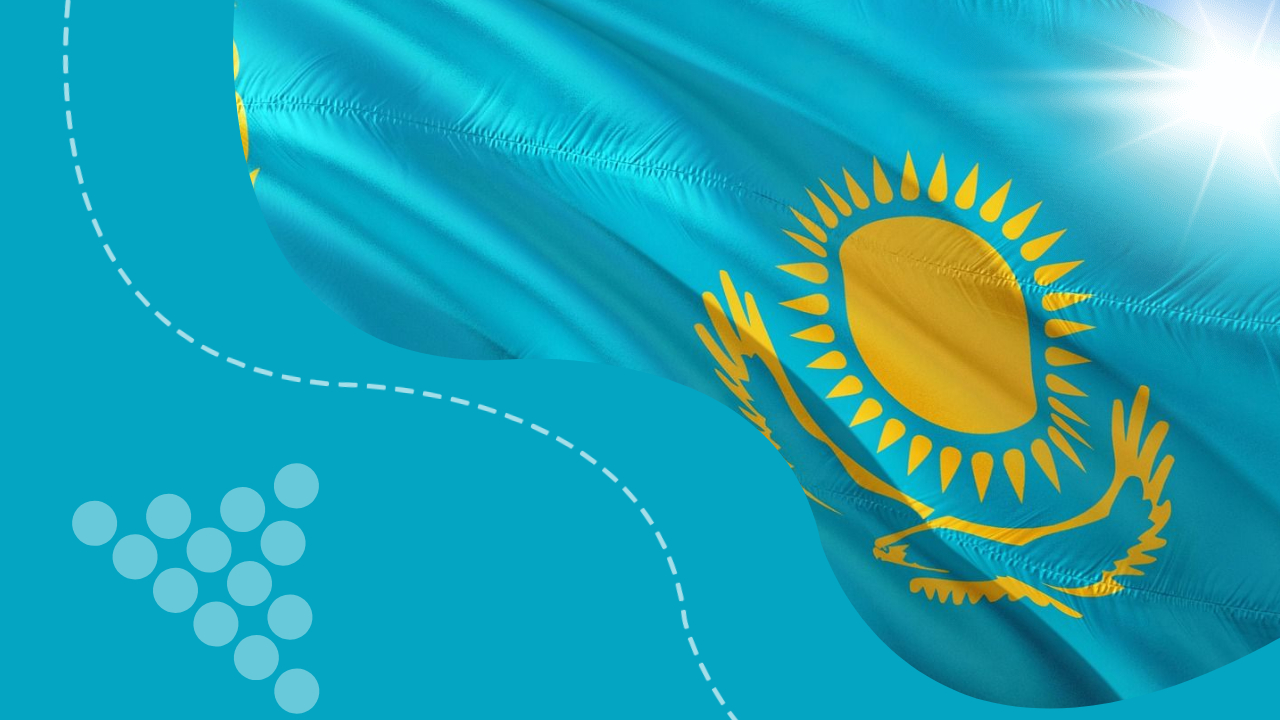Members of the Senate Parliament’s Committee on Economic Policy, Innovative Development, and Entrepreneurship convened for an off-site session in Eastern Kazakhstan to address pressing issues in geological exploration. Prominent heads of geological companies and representatives from authorized bodies participated in the session.
Senator Shakarym Bukutgutov highlighted the historical significance of mining activities in the eastern region of the country, historically focused on tin, copper, lead, and other metals. However, reserves from previously explored deposits are dwindling. President Kassym-Jomart Tokayev has set a directive to expand geological surveys to 2.2 million square kilometers by 2026.
Notably, the export value of minerals in 2023 was six times higher than the industry’s investments, reflecting concerning statistics. Currently, Kazakhstan allocates a mere eight dollars per square kilometer for geological exploration, significantly lower than comparable countries like Russia, Uzbekistan, and the UK.
The industry requires substantial funding for modernization and development. Efforts are underway to digitize processes, with online portals facilitating licensing and reporting. Additionally, modern research methods such as remote sensing and spectral analysis are being employed to enhance exploration efficiency.
However, the sector grapples with severe staffing shortages, necessitating investment in training programs to equip the workforce with advanced skills. Collaboration with German universities aims to address these challenges and foster innovation in the field.
While the need for foreign investment is acknowledged, there is a call to increase state funding and restore the profession’s attractiveness through social incentives and recognition.

